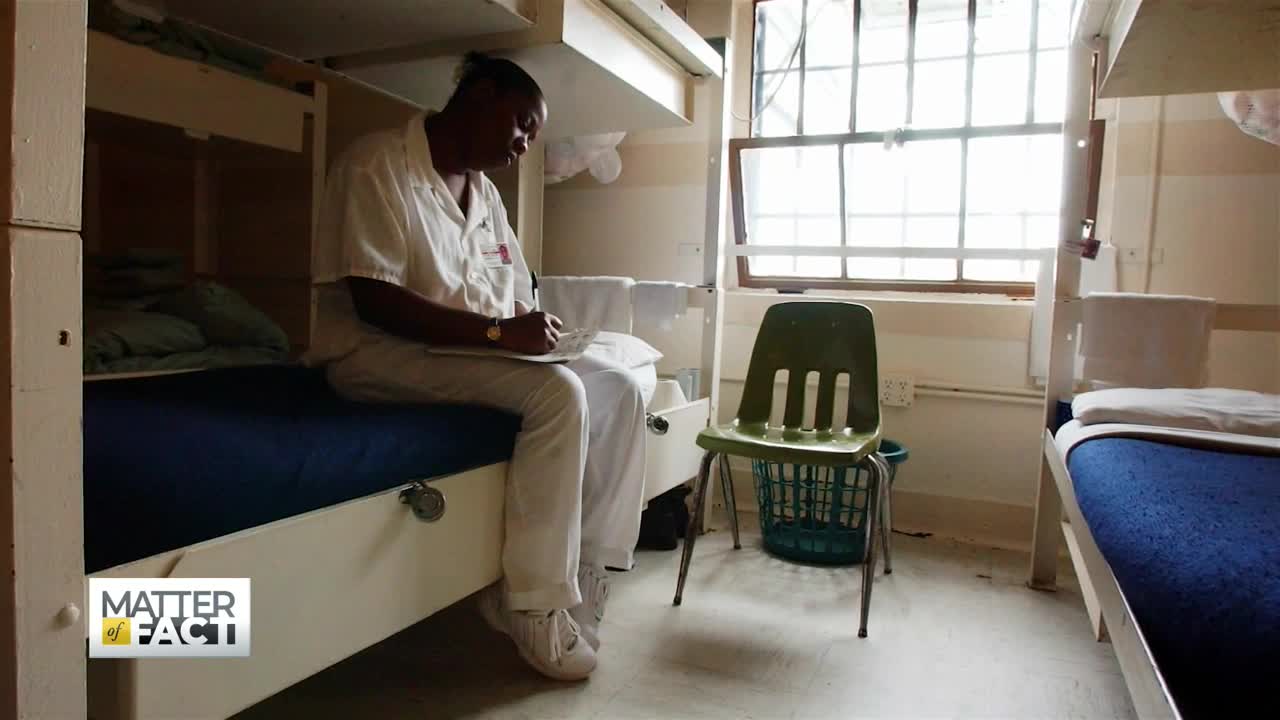
President Joe Biden declared April 2021 as Second Chances month, calling for a deeper look at racial disparities and better treatment for the incarcerated. It’s a call for reexamining our justice system. Black people make up 12% of the U.S. adult population but they make 33% of the people in prison. Black women specifically are 1.7 times more likely to be incarcerated than white woman. Andrea James is the Founder and Executive Director of the National Council for Incarcerated and Formerly Incarcerated Women and Girls. Her organization is calling on President Biden to grant clemency to 100 women during his first 100 days in office.
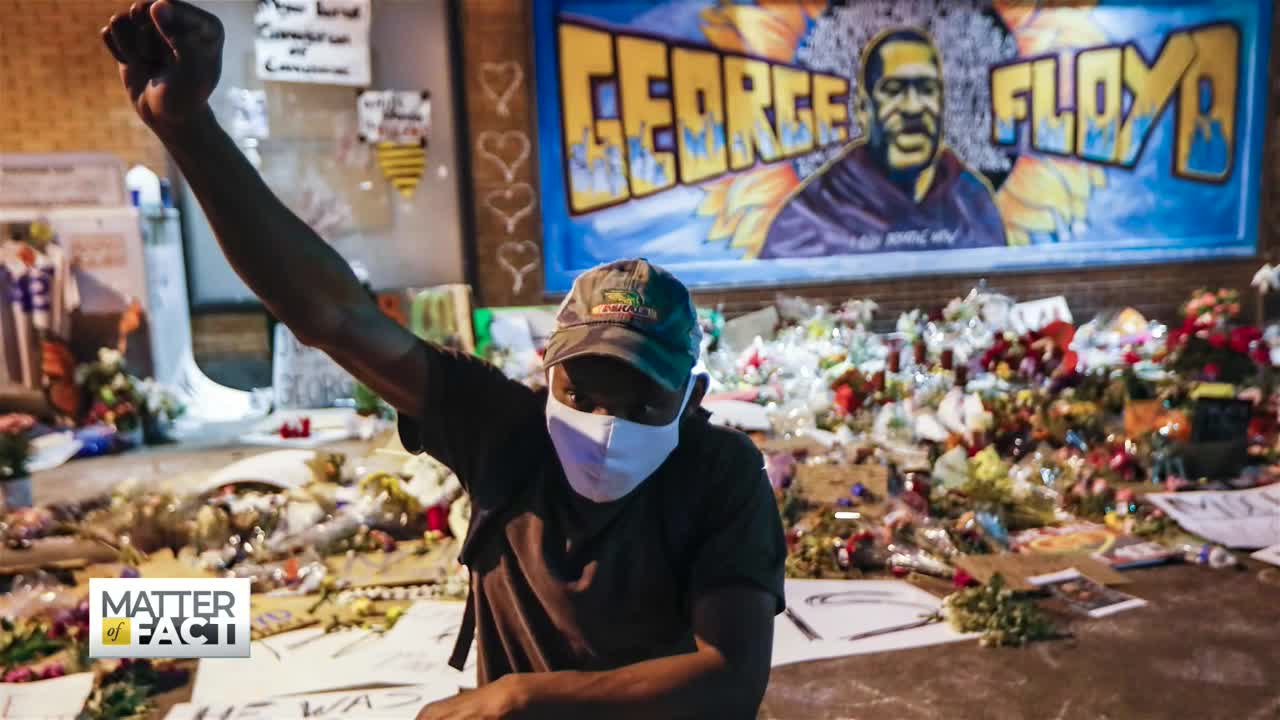
Former Minneapolis police officer Derek Chauvin is now behind bars after being convicted on all three murder charges in the death of George Floyd. While many breathed a sigh of relief following the verdict, deaths at the hands of police haven’t slowed. According to the New York Times, police have killed at least 64 people since testimony began three weeks ago. More than half of those people were either Black or Latino. Dr. Steven Kniffley is a clinical psychologist and faculty member at Spaulding University. He leads the Collective Care Center, specializing in treating race-based trauma.
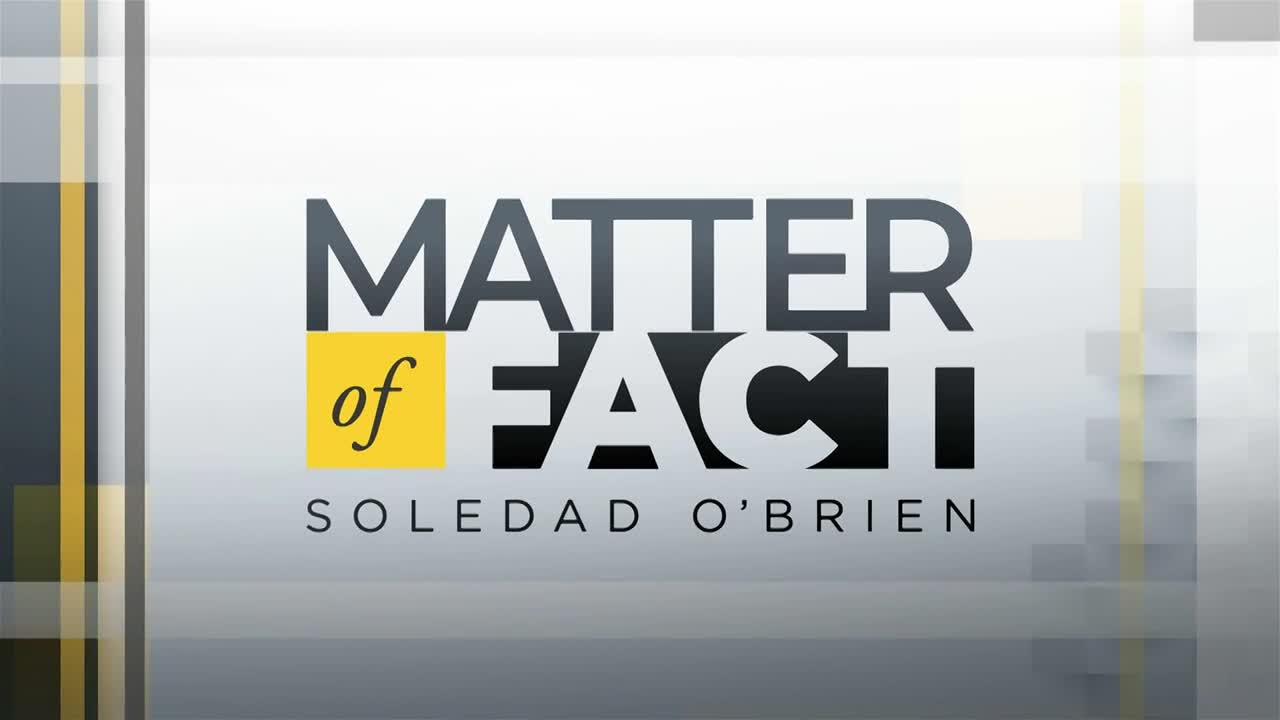
This week on Matter of Fact, we take on the tug-of-war over voting rights. Last week, more than 100 business leaders got on a Zoom call to talk about what those proposals could lead to and how they could add their voice to the conversation. CEO of the Leadership Now Project Daniella Ballou-Aares tells us what they plan to do next. Plus, Soledad talks to investigative reporter Judd Legum about his take on the corporate involvement in the voting rights debate. Then, Native American women and girls are disappearing across the country. We talk to the families of victims who say they are outraged, but law enforcement isn’t doing enough. And, Maryland is taking a step toward police reform, starting with the repeal of their Law Enforcement Bill of Rights. Soledad talks to Dr. Rashawn Ray about how Maryland’s landmark reforms could increase transparency and accountability in policing.
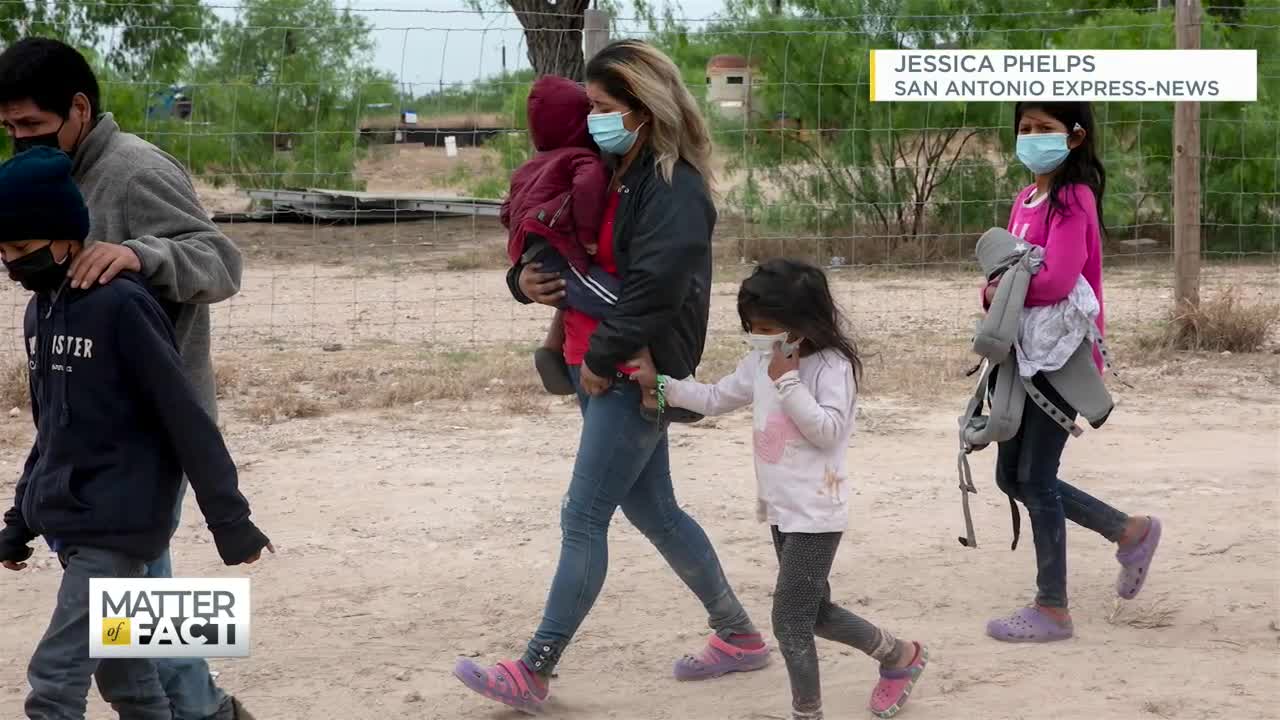
According to analysts, about 600 people are crossing the southern border into the U.S. every day. Most of them are teenagers from Central America seeking asylum. Now, images of overcrowded, jail-like facilities warehouse these migrants are putting the Biden administration on the defensive. Dudley Althaus has been covering immigration issues for more than three decades. He describes his most recent border visit in this week’s Viewfinder.
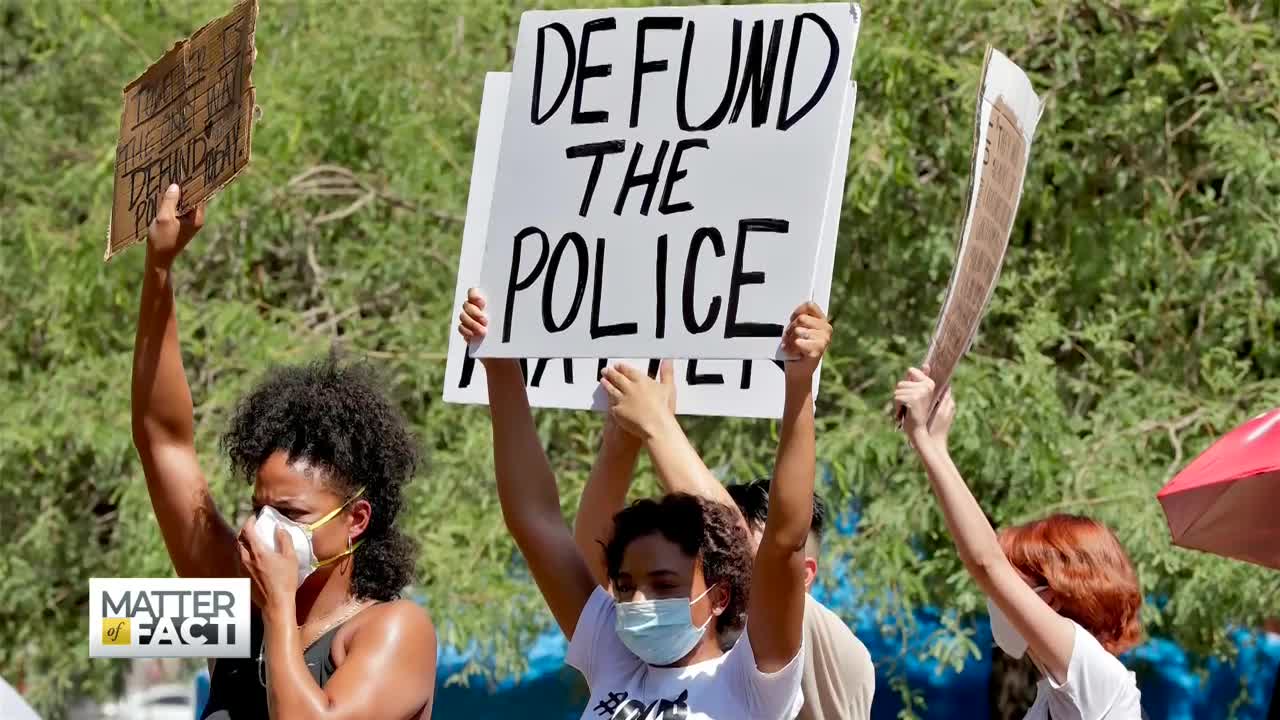
This week, protesters clashed with police over the death of Daunte Wright in Brooklyn Center, Minnesota, just outside of Minneapolis. Police shot and killed Wright just ten miles from where former officer Derek Chauvin is on trial for the death of George Floyd. Meanwhile, Maryland is now the first state to repeal the so-called police bill of rights. Could it become a model for the rest of the nation? Soledad O’Brien talks with Dr. Rashawn Ray, who is a sociologist and a Brookings Institute David Rubenstein fellow. We first spoke with him right after the death of George Floyd.
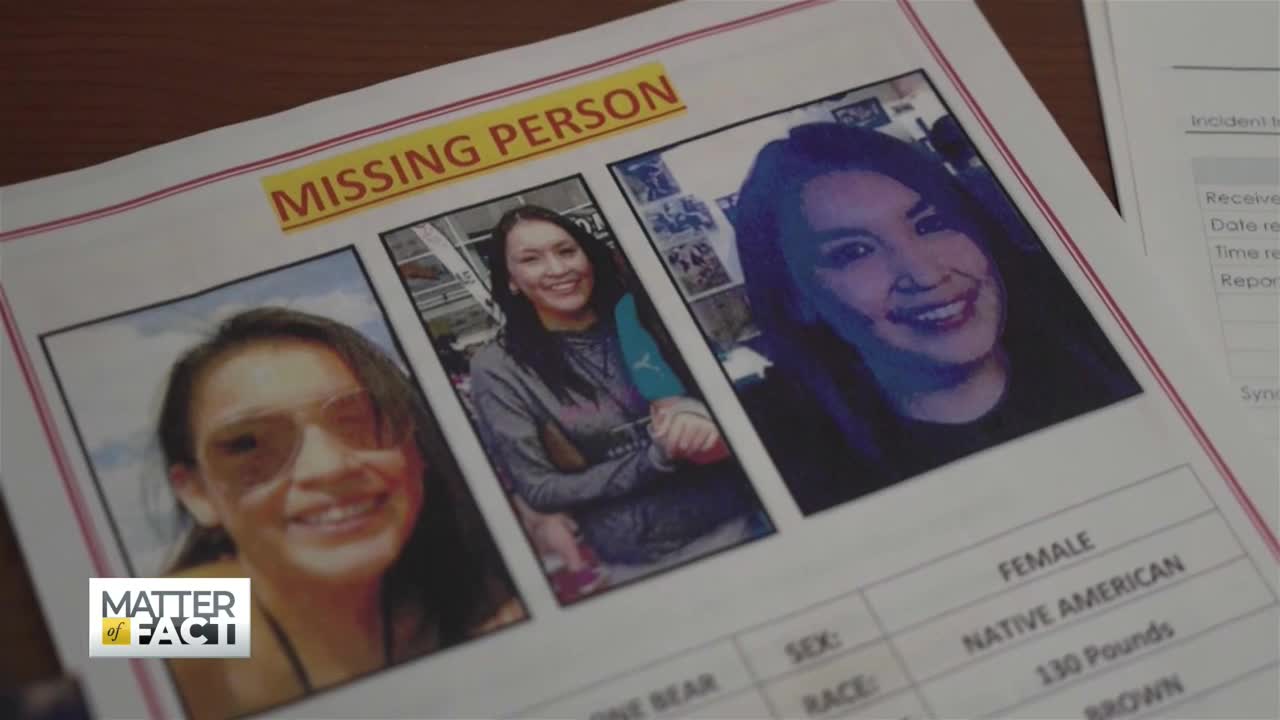
According to the National Crime Information Center, about 1,500 American Indian and Alaska Native people are listed as missing and thousands more are homicide victims with cases that have gone cold. Secretary of the Interior Deb Haaland, the first indigenous cabinet secretary, says it’s time to combat the epidemic of violence against Native people. To do that, she is setting up a special investigative unit within the Bureau of Indian Affairs.
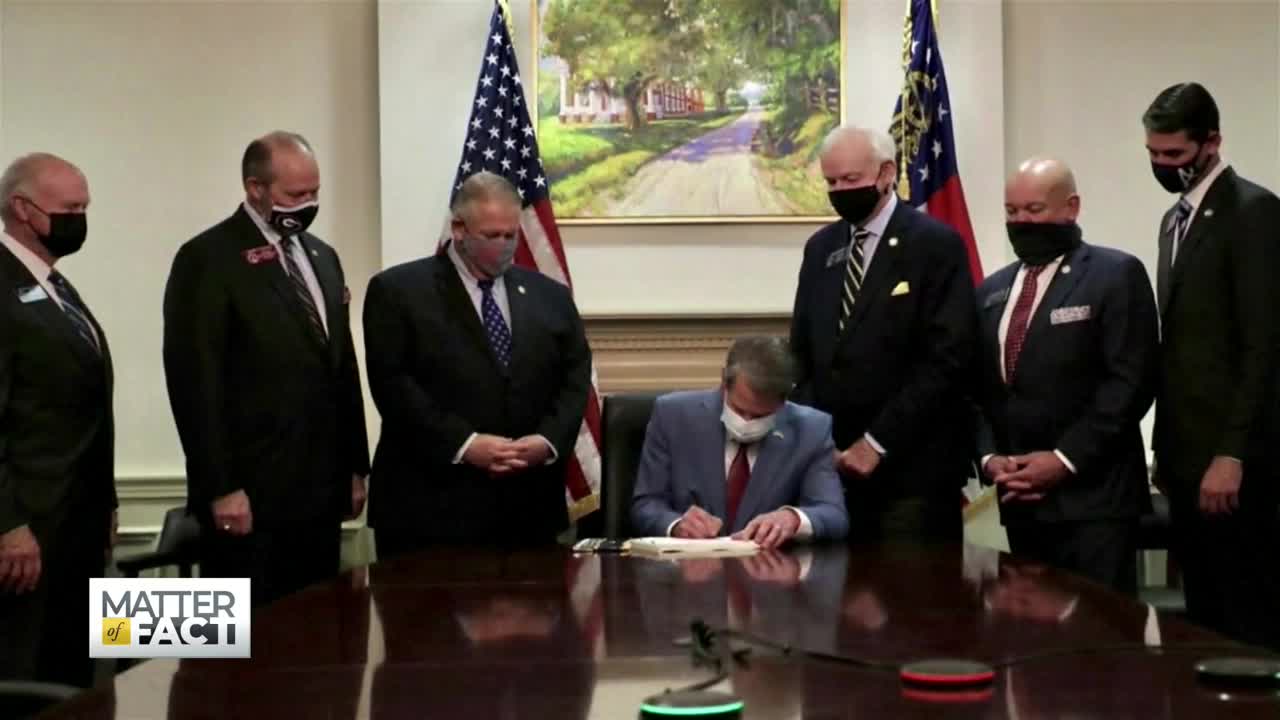
Hundreds of companies signed onto a statement this week declaring their opposition to “discriminatory legislation” that makes it harder to vote. Judd Legum is an investigative reporter and founder of the newsletter “Popular Information,” which he describes as focusing on politics and power. Soledad O’Brien talks to him about his take on the corporate involvement in the voting rights debate.
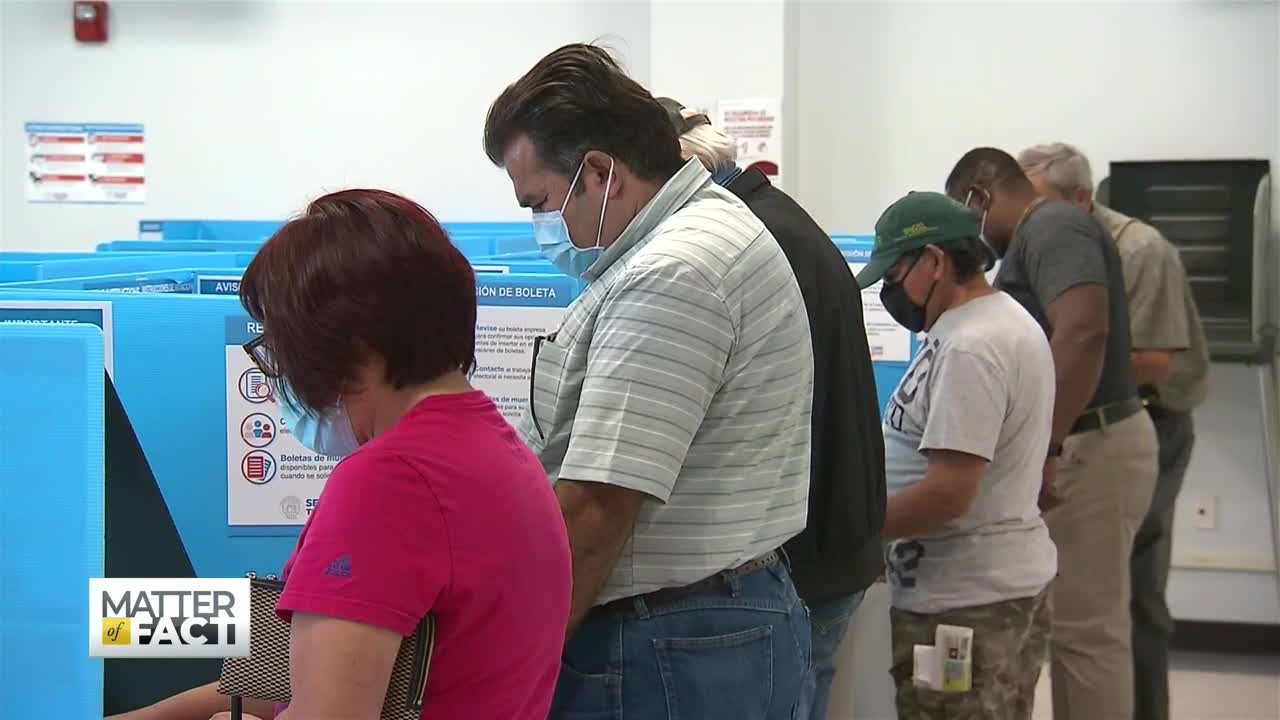
Republican lawmakers in 24 states are pushing through at least 55 bills to restrict voting rights. Proposals include banning ballot drop boxes, limiting absentee voting, shortening early voting periods, and increasing voter ID requirements. A week ago, more than 100 business leaders joined a zoom meeting to consider how they could use their influence in the voting rights debate. Daniella Ballou-Aares is the co-founder and CEO of the Leadership Now Project. She talks about the next steps for the group.

This week on Matter of Fact, we look at how the pandemic is feeding the global hunger crisis. Correspondent Jessica Gomez takes us to Lincoln, Nebraska where resettled refugees are struggling to feed their families here and in the countries they left behind. Plus, Soledad talks to award-winning photojournalist Shahidul Alam about his fight for freedom of the press. And, NASCAR drove into controversy over the confederate flag last summer. Special Correspondent Joie Chen introduces us to a new driver hoping to steer a new generation to the sport.

NASCAR drove into controversy last summer, when cup series driver Bubba Wallace pushed the association to rethink its ties with the Confederate Flag. While he won support from his fellow drivers, many fans were outraged. Even recently, Bill Lester, one of the few Black drivers in the sport, was booed when he made his return to the track. Can NASCAR keep up with social change? Special Correspondent Joie Chen reports.